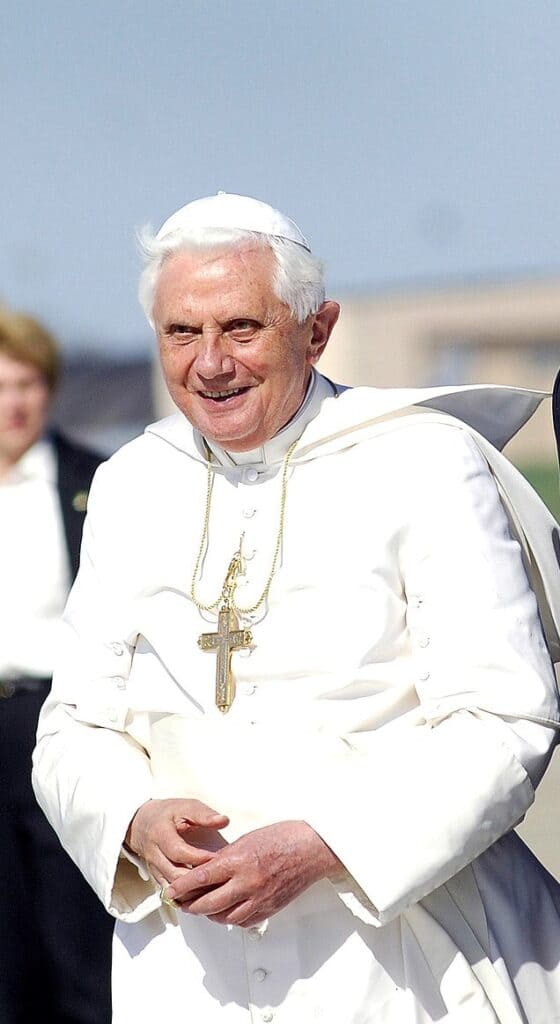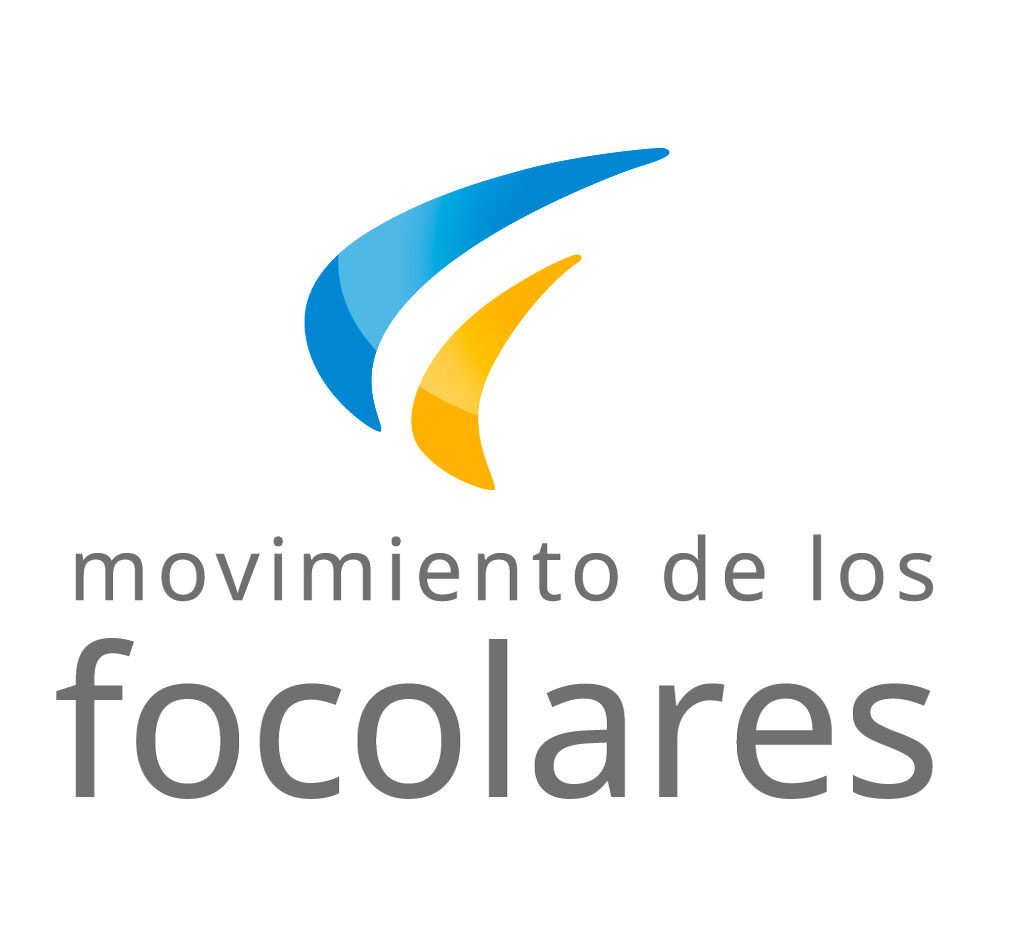
«Esteem, recognition and great emotion fill my heart now as I express my deepest gratitude for the work and life of Pope Benedict XVI, in my name and in that of the Movement that he followed and accompanied with closeness and love. With the whole Church we unite around the Pope Francis by returning him to God, certain that he has already been received into the glory of Heaven; and I will do so personally on January 5th, participating in the funeral in St. Peter's Square.
I had the gift of welcoming Pope Benedict XVI in Jerusalem in May 2009, participating in several stages of his pilgrimage to the Holy Land. Two moments particularly struck me: his words at the Holy Sepulchre: "Peace is possible here." "The Empty Tomb," he continued, "speaks to us of hope, a hope that never disappoints, because it is a gift of the Spirit of life." Also deeply moving for me was participating in a private Mass at the Apostolic Delegation in Jerusalem, celebrated by Pope Benedict XVI himself. I felt his paternal tenderness and the greatness of his charity, expressed in a gesture of recognition for all that the Focolare Movement had done to prepare for his visit.
In 1989, when he was still Prefect of the Congregation for the Doctrine of the FaithCardinal Joseph Ratzinger was invited by Chiara Lubich to a dialogue with the focolarini, gathered for their annual spiritual retreat, in which I was also participating. He answered a wide variety of questions and at one point spoke words I have never forgotten. Regarding the future of the Church and of humanity, he said: “The last word of the history of the world will be communion; it will be to become communion, not only among ourselves, but, incorporated into Trinitarian love, to become a universal communion, where God is all in all.”[1].
Today, as the beloved Pope Benedict XVI returns to the Father's house, this expression of his resonates within me almost like a spiritual testament. These are words of extraordinary relevance, which today shed light and hope on a humanity afflicted by conflicts whose end we see no end in sight.
We have been nourished by his enlightened thought, that of a great theologian who, while still very young, participated in the Second Vatican Council, transmitting and presenting over the years the novelty of a Church-communion, made of knowledge of the Word and charity translated into practice. The day after her election as Pontiff, Chiara Lubich expressed herself thus: “Because of my direct knowledge of him, and because of his special gifts for capturing the light of the Spirit, he will not fail to surprise and exceed any expectation.”[2].
We will not forget the key role he played in 1998, when the Pope John Paul IIOn the occasion of the Feast of Pentecost, he called together the ecclesial movements and new communities in St. Peter's Square. On that occasion, Cardinal Ratzinger gave a master class entitled: Ecclesial movements and their theological positioning, in which he outlined the profile of movements and new communities and their essential relationship with the Church. Some passages from his address remain, for me and for the Movement, a great source of insight into how we can be instruments of communion in the Church and arms of Christ for humanity:
“It is very evident that the Holy Spirit is also acting in the Church today and is granting her new gifts. ─he said so─ Thanks to them, she relives the joy of her youth (cf. Ps 42:4). Gratitude to so many people, young and old, who heed the call of the Spirit and, without looking around or back, joyfully throw themselves into the service of the Gospel. Gratitude to the bishops who are open to new paths, make room for them in their respective Churches, and patiently debate with those in charge to help them overcome any one-sidedness and lead them toward a just conformation.[3].
Together with the entire Church, I thank God for the gift that Pope Benedict XVI has been for our time and I pray that we may be able to grasp and translate into life the depth of his theological thought, his fidelity to the Gospel, and the courage of a life witness capable of leading the Church along the paths of truth, fraternity, and peace.
Margaret Karram. Chairwoman of the Focolare Movement.
[1] Visit of Cardinal Joseph Ratzinger to the Focolare Movement meeting, answers to questions. Castel Gandolfo, December 8, 1989. Chiara Lubich Archive in the General Archive of the Focolare Movement.
[2] Statement by Chiara Lubich in: Press Release of the Focolare Movement, April 20, 2005
[3] I movements in the Chiesa. Atti del Congresso mondiale dei movimenti ecclesiali, Rome, 27-29 maggio 1998, Coll. Laici oggi 2, Libreria Editrice Vaticana, Città del Vaticano 1999

